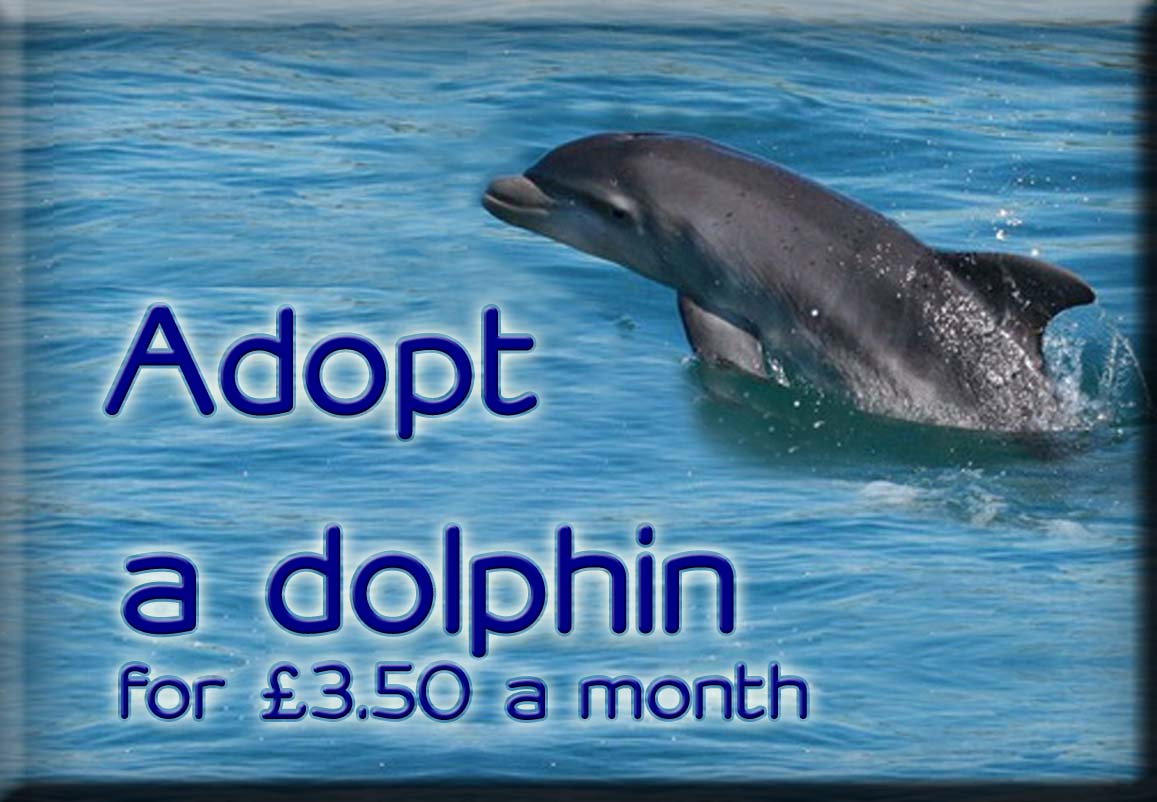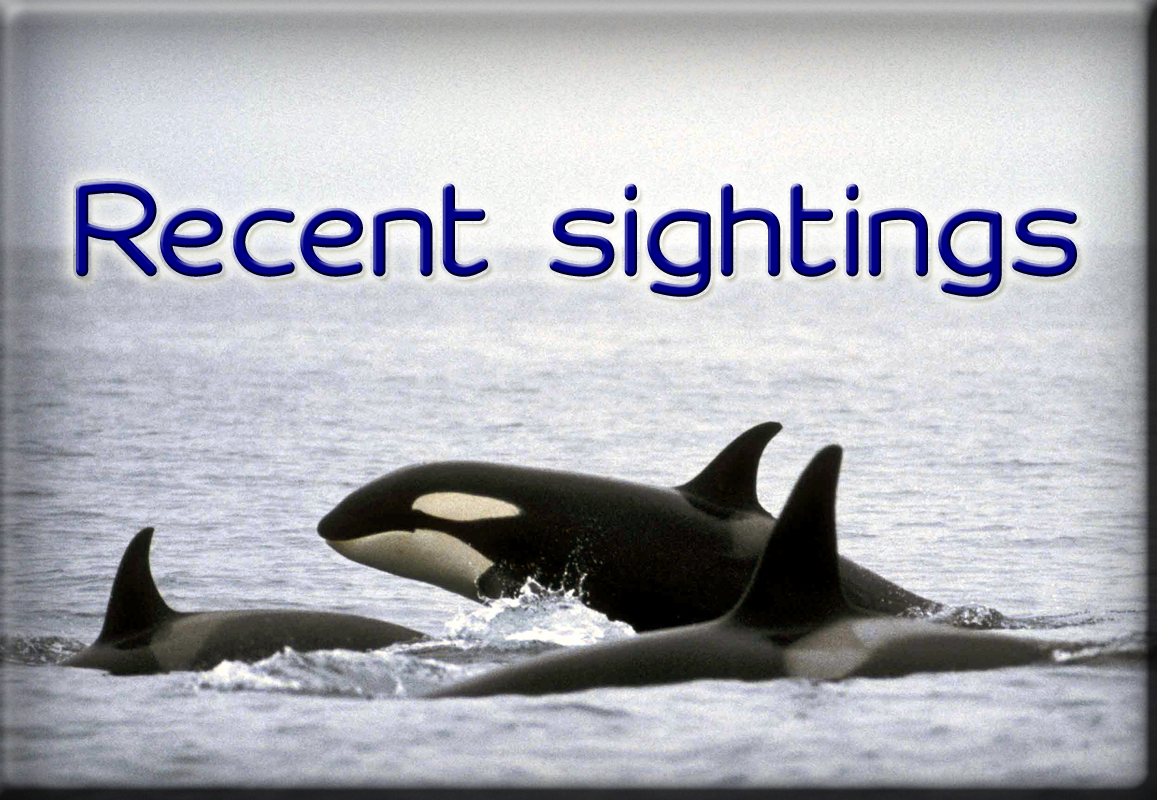Saving the whales really will help save the planet. These enormous, amazing marine mammals play a crucial role in keeping the ocean healthy and also in countering climate change. Driven mainly by increased levels of greenhouse gases, particularly carbon dioxide emitted by human activities, the climate crisis is the most pressing issue of our time. A warming world threatens the health not only of the oceans but of the entire planet and all creatures on it.
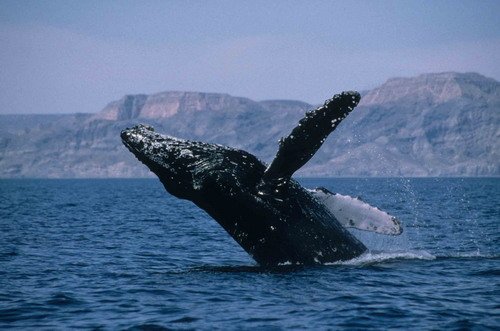
Like all animals, whales capture and store carbon in their bodies. This accumulates through the food chain, starting with phytoplankton. Phytoplankton is made up of tiny floating plants that live at the surface of the sea. They are the basis of every food web in the ocean, and are therefore vital to the survival of the ecosystem. However, they are not only fundamental to the health and functioning of the ocean, they are also incredibly important to the rest of life on earth. The amount of carbon dioxide they take in is significant – as much as all terrestrial plants put together. They also contribute half of the oxygen in the atmosphere! This makes them hugely beneficial in the climate fight.
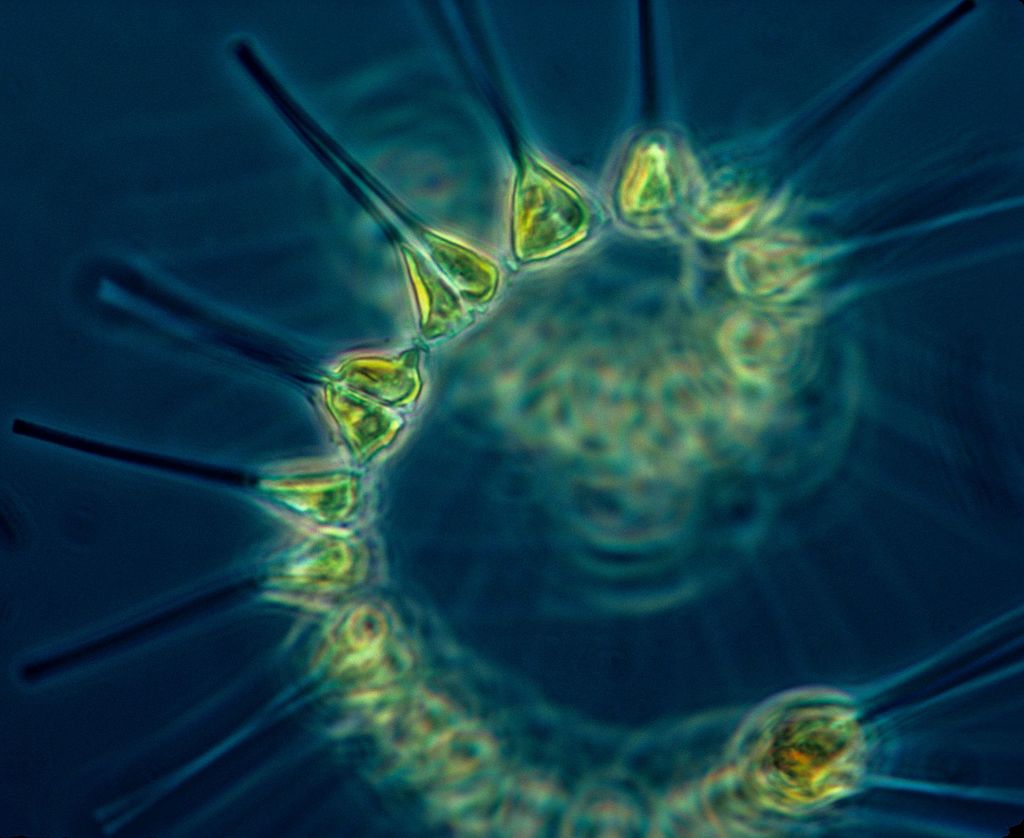
The behaviour of whales helps phytoplankton to flourish. By coming to the surface to breathe and defecate, they bring nutrients from the deep and make them available to the phytoplankton via their poop. This is the only way the surface-dwelling plants have access to nourishment from the deep, which they need for their survival. The ability of whales to cycle nutrients is known as the whale pump (see below). In addition to bringing nutrients from the depths to the surface, the whales help circulate them throughout the sea, simply by swimming through it – their movements break up ocean layers and free the minerals locked up in them.
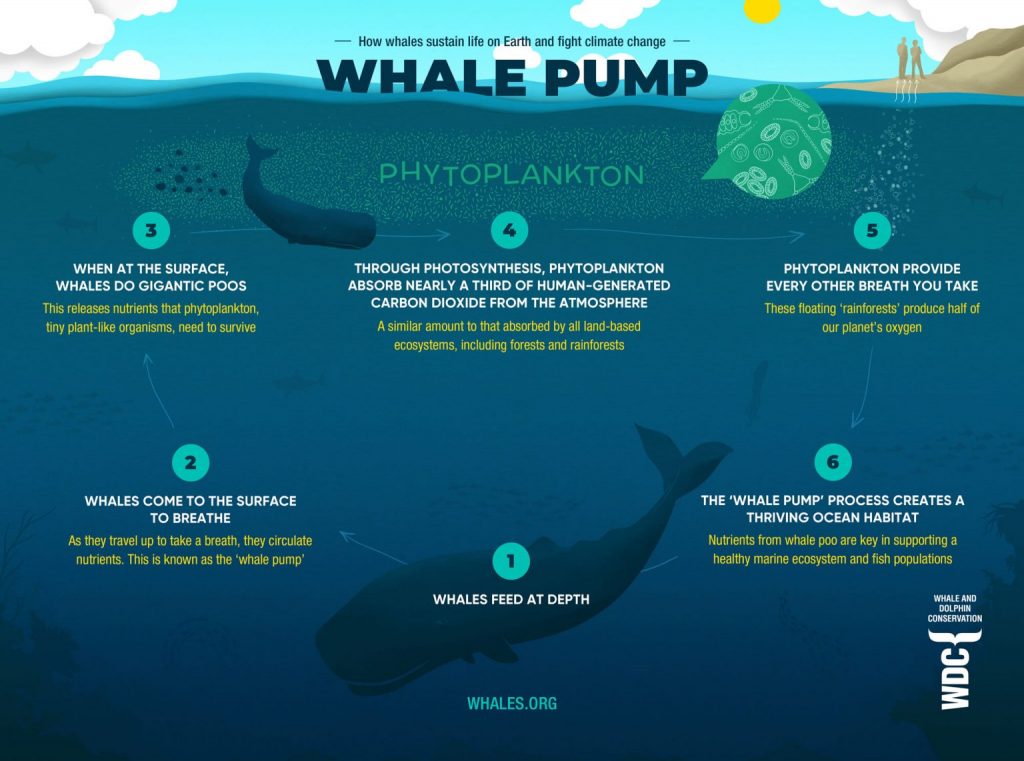
The immense size of most whales means that they store vast amounts of carbon within their body mass. When whales die their bodies sink to the bottom of the ocean, taking this carbon with them. This is known as whale fall (see below). The carbon then remains stored within the whale and away from the atmosphere. In the wild no animal’s death is a waste, and numerous species benefit from whale carcasses, whether living in or on them, or feeding on them and recycling nutrients throughout the ocean ecosystem.
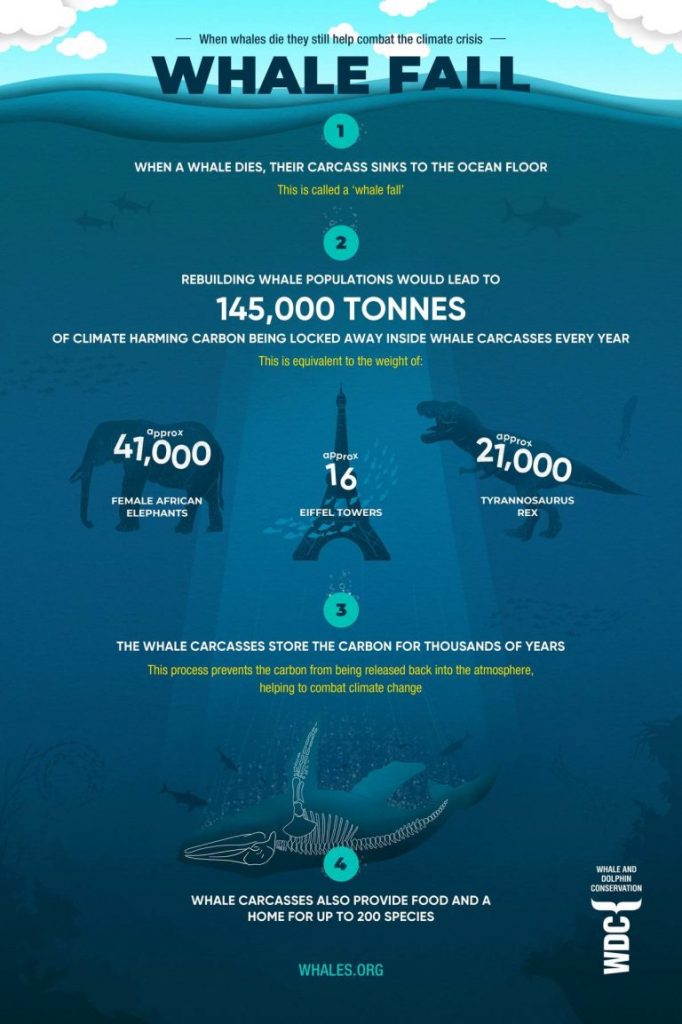
The world around us is incredible and it’s often taken for granted. Ecosystems are dynamic and depend on many elements being present. Take just one factor away and the system will fail. In the absence of whales, phytoplankton wouldn’t have access to the nutrients they need to survive. They wouldn’t be able to sustain the ecosystem, capture carbon or give off oxygen. In addition, no whales means no carbon captured in their bodies.
Whales face many threats in addition to those from a changing climate. Increased boat traffic, getting tangled in fishing equipment, whaling in some parts of the world, over-fishing reducing their food source, increased noise pollution affecting their communication, etc. There are many things we can do to help, including contacting MPs and signing petitions about the proper regulation of or cessation of these activities, by supporting marine conservation charities and by spreading the word. A healthy ocean means a healthy world, and we need to ensure that we protect these amazing ecosystems and the wonderful wildlife that depends on them.
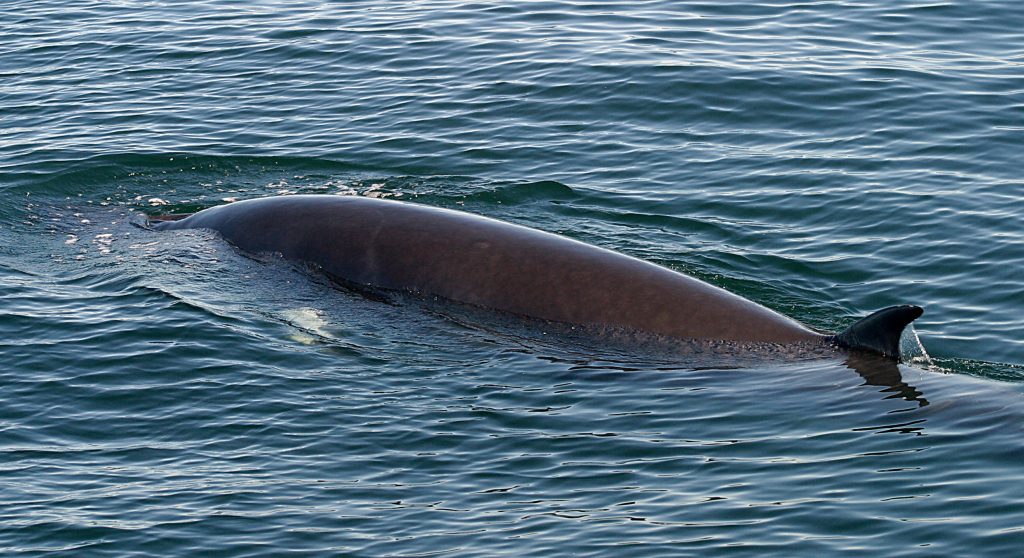
By supporting the Sea Watch Foundation you are assisting in the research of whales and dolphins, which increases our knowledge of these amazing animals and the ability to protect both them and their environment.
Kayleigh
Sea Watch Volunteer
Feature Blogger
Sources and further information
- Käse L, Geuer JK. (2018) “Phytoplankton responses to marine climate change–an introduction”. In Jungblut S., Liebich V., Bode M. (Eds) YOUMARES 8–Oceans Across Boundaries: Learning from each other, pages 55–72, Springer.
- ‘Impacts of climate change on marine mammals, relevant to the coastal and marine environment around the UK’ by P.G.H Evans and J. J. Waggitt (2020)
- How whales can help fight the climate crisis – Whale and Dolphin Conservation
- The impacts of climate change on cetaceans – Sea Watch Foundation
- Climate Change: A hot topic in Marine Mammal Science – Sea Watch Foundation
- Climate change and whales – Ocean Alliance
- Source of Half Earth’s Oxygen Gets Little Credit (nationalgeographic.com)

